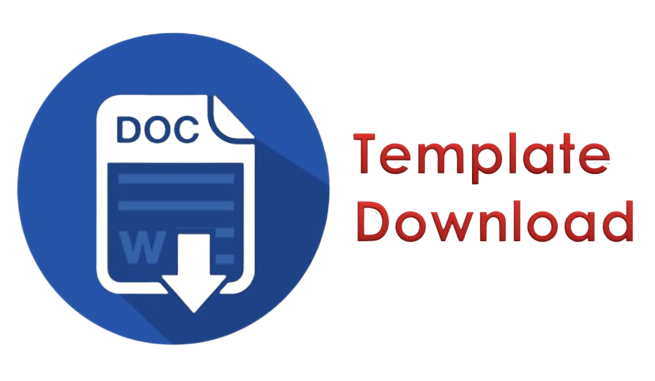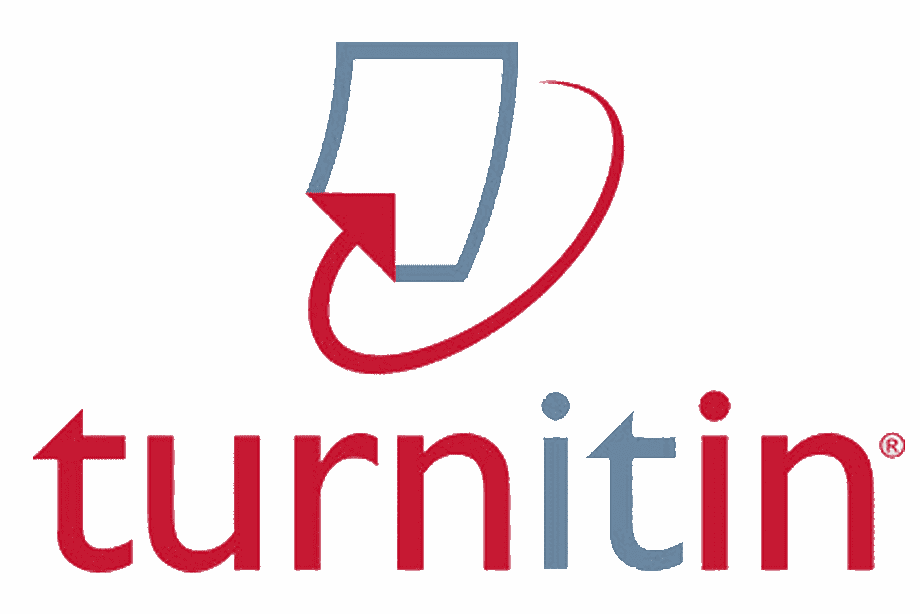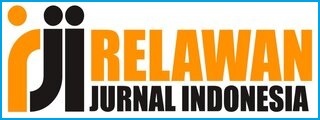The Effectiveness of Tax Socialization through Digital Media: The Perspective of Millennial Taxpayers
DOI:
https://doi.org/10.58777/rag.v3i1.376Keywords:
Tax socialization, millennial taxpayers, tax compliance, tax applicationAbstract
This research aims to explore the effectiveness of tax socialization through digital media, focusing on the perspective of millennial taxpayers. The development of digital technology provides a great opportunity to increase tax awareness, but its effectiveness in reaching and motivating millennials is still a question. This research uses a qualitative method with data collection techniques through interviews, observations, and documentation. The subject of the study is millennial taxpayers who actively use social media and tax applications. The results of the study show that although digital media is very popular among millennials, tax socialization conveyed through social media is still less relevant and personalized. Many millennial taxpayers want information that is more practical and directly related to their daily lives. In addition, existing tax applications are considered difficult to use, which hinders the effectiveness of information delivery. Therefore, it is necessary to improve the delivery of tax materials with a more interactive and creative format, as well as improve the tax application interface to make it more user-friendly. This research is important to provide input in designing a more effective tax socialization strategy for the millennial generation, in order to increase tax compliance in the future.
References
Ajzen, I. (2023). The Theory of Planned Behavior. Organizational Behavior and Human Decision Processes, 50(2), 179-211. https://doi.org/10.1016/0749-5978(91)90020-T
Alm, J., Bloomquist, K. M., & McKee, M. (2019). On the external validity of laboratory tax compliance experiments. Economic Inquiry, 53(2), 1170–1186. https://doi.org/10.1111/ecin.12196
Bower, J. L., & Christensen, C. M. (2017). Disruptive Technologies: Catching the Wave. Harvard Business Review, 73(1), 43-53.
Davis, F. D. (2017). Perceived usefulness, perceived ease of use, and user acceptance of information technology. MIS Quarterly, 319–340. https://doi.org/10.2307/249008
Fishbein, M., & Ajzen, I. (2019). Belief, Attitude, Intention, and Behavior: An Introduction to Theory and Research. Addison-Wesley.
Hartmann, A. J., Mueller, M., & Kirchler, E. (2020). Tax Compliance: Research Methods and Decision Processes. Springer. https://doi.org/10.1007/978-3-030-45500-2_13
Huda, N., & Rini, P. (2021). Pemanfaatan Teknologi Digital dalam Meningkatkan Kepatuhan Pajak di Era Industri 4.0. Jurnal Pajak dan Kebijakan Fiskal, 9(2), 89–102.
Kaplan, A. M., & Haenlein, M. (2020). Users of the world, unite! The challenges and opportunities of Social Media. Business Horizons, 53(1), 59–68. https://doi.org/10.1016/j.bushor.2009.09.003
Kirchler, E., Hoelzl, E., & Wahl, I. (2018). Enforced versus voluntary tax compliance: The “slippery slope” framework. Journal of Economic Psychology, 29(2), 210–225. https://doi.org/10.1016/j.joep.2007.05.004
Martini, M. A., & Murniati, Y. (2020). Analisis Pemanfaatan Media Sosial untuk Sosialisasi Pajak di Indonesia. Jurnal Ilmiah Akuntansi, 12(2), 113-123.
Mayer, R. E. (2022). Multimedia learning. In Psychology of learning and motivation (Vol. 41, pp. 85–139). Elsevier. https://doi.org/10.1093/oxfordhb/9780199841332.013.18
Nasution, M. S., & Sitorus, F. (2019). Sosialisasi Pajak Melalui Platform Digital: Tantangan dan Peluang bagi Wajib Pajak Milenial. Jurnal Administrasi Bisnis, 7(1), 45-58.
OECD. (2019). Tax Administration 2019: Comparative Information on OECD and Other Advanced and Emerging Economies. OECD Publishing. https://doi.org/10.1787/74d162b6-en
Parso, P., & Darmawan, S. N. (2023). Dampak Pemanfaatan Teknologi Informasi dan Kesadaran Wajib Pajak Terhadap Kepatuhan Pajak di Kalangan Generasi Milenial Wilayah Jakarta dan Sekitarnya. Jurnal Madani: Ilmu Pengetahuan, Teknologi, Dan Humaniora, 6(1), 17–31. https://doi.org/10.33753/madani.v6i1.250
Saad, N. (2024). Tax Knowledge, Tax Complexity and Tax Compliance: Taxpayers’ View. Procedia - Social and Behavioral Sciences, 109, 1069–1075. https://doi.org/10.1016/j.sbspro.2013.12.590
Simon, H. A. (1986). The Sciences of the Artificial (3rd ed.). MIT Press.
Siregar, R. F., & Santoso, T. (2021). Pengaruh Sosialisasi Pajak terhadap Kepatuhan Pajak di Kalangan Generasi Milenial. Jurnal Ekonomi dan Bisnis, 9(3), 200-214.
Smith, B. L., & Jones, J. L. (2018). Social Media Marketing and Tax Compliance: A New Era of Engagement. Journal of Digital Marketing, 23(2), 105-120.
Susanto, H., & Rosdiana, H. (2018). Pengaruh Digitalisasi Pajak terhadap Kepatuhan Wajib Pajak di Indonesia. Jurnal Ekonomi dan Keuangan, 12(3), 134–150.
Syadat, F. A., Kusyeni, R., & Fauziah, E. (2022). Analisis efektivitas edukasi perpajakan bagi generasi milenial melalui media sosial Instagram dalam rangka meningkatkan kesadaran wajib pajak (studi kasus di Kantor Wilayah Direktorat Jenderal Pajak Jawa Barat II). Jurnal Reformasi Administrasi: Jurnal Ilmiah Untuk Mewujudkan Masyarakat Madani, 9(1), 70–81.
Tandel, N., & Sharma, R. (2020). Digital Transformation in Tax Administration: A Study of Technological Developments in Indonesia. International Journal of Public Administration, 33(5), 435-448.
Venkatesh, V., Morris, M. G., Davis, G. B., & Davis, F. D. (2023). User acceptance of information technology: Toward a unified view. MIS Quarterly, 425–478. https://doi.org/10.2307/30036540
Weaver, W. (1963). The mathematical theory of communication. University of Illinois Press.
Wijayanti, E., & Haryanto, A. (2021). Peran Media Sosial dalam Meningkatkan Kepatuhan Pajak pada Generasi Milenial. Jurnal Pajak Indonesia, 5(1), 78-93.
Yulianto, R., & Putri, A. D. (2020). Generasi Milenial dan Pajak: Analisis Penggunaan Media Sosial sebagai Media Sosialisasi. Jurnal Ilmu Administrasi dan Kebijakan Publik, 8(1), 45–58.
Zainuddin, I. (2020). Sosialisasi Perpajakan dalam Era Digital: Studi Kasus di Indonesia. Jurnal Administrasi Negara, 15(2), 120-134.
Zega, A., Gea, Y. V., Zebua, M. S., Ndraha, A. B., & Ferida, Y. (2024). Strategi peningkatan kesadaran pajak di kalangan generasi muda dalam era digital: Analisis peran teknologi dan pendidikan menuju Indonesia emas 2045. Jurnal Ilmu Ekonomi, Pendidikan Dan Teknik, 1(2), 11–22. https://doi.org/10.70134/identik.v1i2.36
Downloads
Published
How to Cite
Issue
Section
 Views: 432
|
Views: 432
|
 Downloaded: 255
Downloaded: 255












